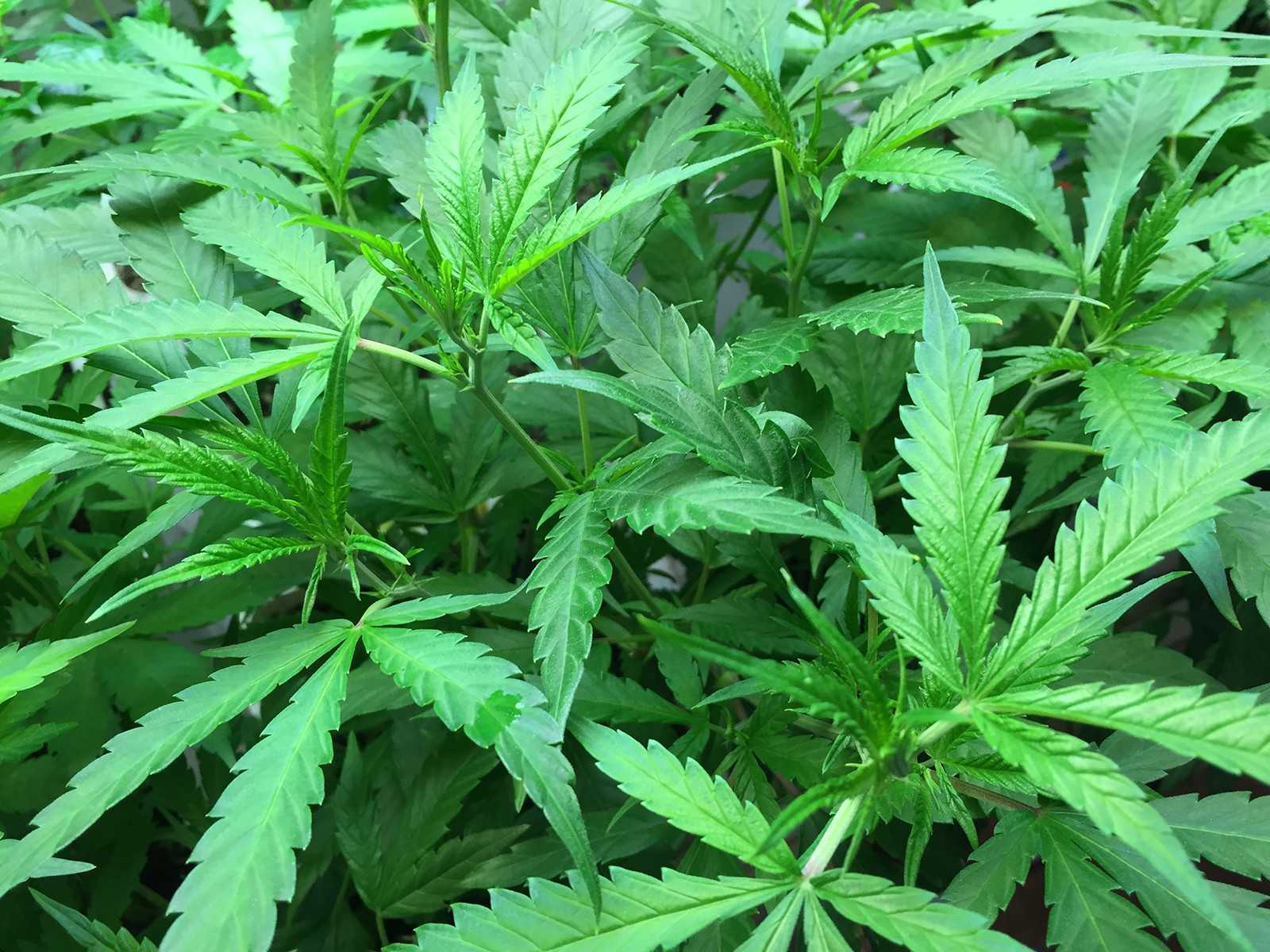When Question 4 passed last November legalizing marijuana in Massachusetts, the proponents of pot who had been fighting tooth and nail for years to see this victory were finally able to celebrate their big win. After the celebrations were over, these advocates sat back, lit up and returned to their regular lives.
In their absence, however, marijuana discussions in Massachusetts did not remain where they were left off in November. Unbeknownst to many voters, the ballot question included a provision allowing for local officials and voters to impose bans and moratoriums on cannabis commerce in their municipalities — and in the months since the election, opponents of legalized marijuana have not been letting this provision go to waste.
A Sunday article in The Boston Globe reported that dozens of municipalities across the state are en route to enacting these sorts of bans. Surprisingly, though, the marijuana moratoriums are receiving next to no pushback from the activists who worked so hard to pass Question 4.
There is an easy explanation for this lack of resistance. Although the ballot question won by a substantial 54 percent, a huge portion of this vote came from voters relatively apathetic to the issue. Fierce advocates of the marijuana industry, meanwhile, made up a much smaller percent of the victory. Further, the kinds of measures that it takes to address marijuana access in individual communities are hard to enact without a statewide group organizing these local campaigns.
Over the past several years, the primary aspect of this issue that activists were fighting for was marijuana decriminalization, with the business side of things being a distinctly secondary goal. The bans that are being enacted now only apply to marijuana sales themselves, not actual usage of the drug — the primary problem in Massachusetts was solved when we decriminalized marijuana, helping to keep thousands of nonviolent offenders out of our prisons. In comparison, whether or not people will have to drive an extra 20 minutes to access legal marijuana is just not as compelling of a cause.
The problem with what’s happening in municipalities now only comes in when towns are capitalizing on low voter turnouts in non-presidential elections — and low turnouts of young people in particular — to ban the very thing that their citizens voted to support just a few months ago. This is not in the spirit of democracy. However, the true issue lies more with low voter turnout generally than with these specific local elections. It is disappointing that we as a society are able to use youths’ disinterest in voting to enact policies like these, but that is another issue for another debate.
Big picture, the concerns over bans on marijuana sales in certain local governments are not actually very significant concerns at all. When a town bans cannabis sales in their own community, they alone will feel the consequences, whether they be good or bad. Neighboring towns will make money off of marijuana sales instead. In all likelihood, as more towns across the state impose cannabis bans, it will only serve to drive more business to us here in Boston.
Although towns may suffer economically from doing this, it’s completely within their legal right to do so. If their local governments and voters feel like they’re missing out a few years down the line, they can change their minds. That’s the essence of democracy.
Nationally, the tide is turning toward more and more legalized marijuana. As we learn more about the drug, we are loosening our legislation around it. These local moratoriums are just a backlash to November’s vote. Pro-pot advocates saw a major success last fall, and this is just the opposition pushing back on that a little bit. Despite these pockets of resistance, we are moving toward legalization in a big way, and these areas will catch up with that sooner or later.
If nothing else, maybe marijuana advocates in Massachusetts can learn from this. They will learn how to promote their cause on a more local level, and they will learn how to follow through after a big win. But with legalization specifics still stuck at the Statehouse, all we can do for now is wait and see.






















































































































Mark • Sep 29, 2017 at 3:42 am
I fail to see how decriminalization really fixed anything. If there was an effect, it was to establish a threshold for criminals to traffic a saleable amount of marijuana will no penalty. Legalization has allowed the consumers to produce their own amounts of marijuana, free from interaction with criminals, or their networks, free from supporting criminal nterests in so many other , well, crimes. COps don’t have to write tickets, judges no longer have to support the outrightly RIDICULOUS industy of “marijuana addiciton” treatment. Let old goats nag people, but that threat of “I’m calling the cops” has not been rendered impotent unless used for REAL crimes.